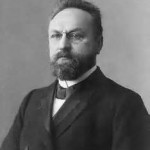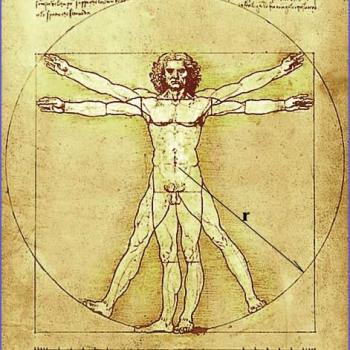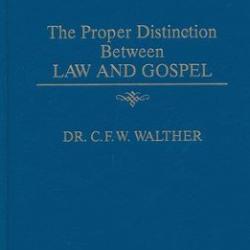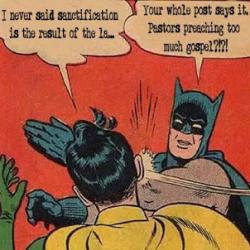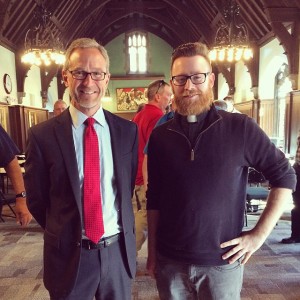 After the publication of Joel Biermann’s recent book A Case for Character (which can be purchased here), the subject of the two kinds of righteousness in Lutheran thought has been prominent in theological dialogue, especially in online discussions about the role of justification, good works, preaching, etc. One of the primary contentions of those who oppose the utilization of the two kinds of righteousness distinction is that such a distinction displaces law and gospel from its central position. This has not been helped by the fact that Biermann has stated that the two kinds of righteousness is a “better paradigm” than law and gospel. I contend, however, that these two important theological distinctions are not competing paradigms at all, but address different issues.
After the publication of Joel Biermann’s recent book A Case for Character (which can be purchased here), the subject of the two kinds of righteousness in Lutheran thought has been prominent in theological dialogue, especially in online discussions about the role of justification, good works, preaching, etc. One of the primary contentions of those who oppose the utilization of the two kinds of righteousness distinction is that such a distinction displaces law and gospel from its central position. This has not been helped by the fact that Biermann has stated that the two kinds of righteousness is a “better paradigm” than law and gospel. I contend, however, that these two important theological distinctions are not competing paradigms at all, but address different issues.
Law and gospel is essentially a description of how God speaks. God’s words are promises (gospel) and commands (law). These two words must be distinguished in preaching, theological dialogue, and practice. Each is good and necessary, but the law and the gospel function in different manners. Coram Deo, law and gospel is the most helpful theological structure. Before God, Christians are shown their sin by God’s law, and thus are prepared to hear the good news of the forgiveness of sins in Christ. However, Christian’s do not simply live before God. We also live in a world, where we have to make decisions about how to live, and how to treat other people. It is in this context that the two kinds of righteousness distinction is essential. Here, we also need to sharply distinguish between these two ideas. Our relationship to God is based in no way upon our active obedience, but upon the righteousness of God passively received. Our relationship with others is not passive, but we must work for the benefit of our neighbor. This distinction then is not answering the question of how God speaks (that’s law and gospel), but how man relates to God (passive righteousness) and fellow-man (active righteousness). If these two “paradigms” (that’s probably not even the best word to use) are addressing different issues, then there is no need to view them as contradictory.
Those who contend that the two kinds of righteousness distinction somehow undermines law and gospel often point to the structure of preaching. It is said that 2KR is an attempt to replace a traditional law-gospel sermon structure with a passive righteousness-active righteousness sermon structure. This, however, is not really a helpful manner in which to look at preaching. Both law and gospel, and the two kinds of righteousness, need to be distinguished in preaching, but neither needs to be the sole structure of each sermon. In historic Lutheran preaching (just read some of C.F.W. Walther’s sermons), the message was not divided into: 1. Law, and 2. Gospel. This is a modern trend that seems to identify more with existential Lutheranism than Lutheran orthodoxy. Instead of imposing a preconceived structure on each text, whether that be law and gospel, or the two kinds of righteousness, the pastor should preach according to whatever text he is given. Sometimes that is going to be a straightforward law-gospel sermon, but other times it will include a heavy amount of exhortation to serve one’s neighbor in obedience to God’s will.
Both the law-gospel and the passive-active righteousness distinctions are essential for the Lutheran pastor, and neither needs to be neglected in favor of the other. Law and gospel remind us that we always fall short of God’s will, and that we are saved solely by God’s grace. The two kinds of righteousness remind us that we cannot work to merit God’s favor or love, but that righteousness is given freely, and that we live in this world for the good of others.

